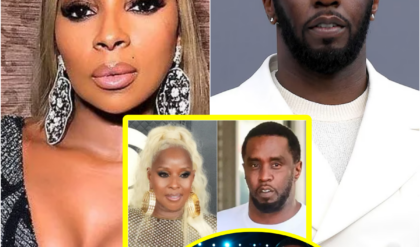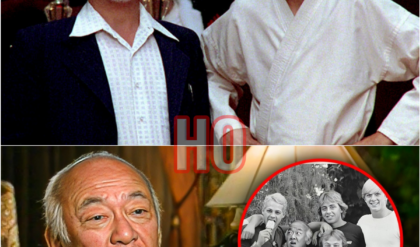“I Said What I Said”: Trina Talks Women in Rap, Marriage, and Cultural Delusions
In a refreshingly raw interview on Funky Friday, the legendary Trina, aka the Diamond Princess, dives deep into her unfiltered thoughts about women in rap, relationships, and navigating misconceptions in modern culture. From her Miami roots to her status as a hip-hop icon, Trina unapologetically delivers her take on what it means to be a woman in the industry and beyond.
The Origin of “The Baddest”
Trina’s iconic persona as “The Baddest” didn’t happen overnight. Reflecting on her upbringing in Miami, she credits the city’s vibrant, unapologetic energy for shaping her fierce attitude.
“When I came into the game, I knew I had to be bold and stand firm in who I am. Miami made me that way,” she said, noting how her city’s unique culture gave her the confidence to challenge stereotypes and carve her lane in hip-hop.
On Women in Rap
Trina doesn’t mince words when addressing the current state of women in the rap industry. She applauds the growing visibility of female rappers but warns against superficial support.
“Women in rap are thriving, but the culture’s delusion lies in thinking we don’t need unity. The competition is cool, but let’s not forget the power in collaboration and real empowerment,” she said.
As a pioneer, Trina emphasizes the importance of authenticity, reminding younger artists to remain true to themselves in an industry often built on façades.
Love, Marriage, and Redefining Relationships
In one of the interview’s most candid moments, Trina opens up about her personal journey with love and marriage. Now married, she admits her views on relationships have evolved, partly shaped by her late mother’s impact and her own experiences.
“I used to think love was one thing—this fairy tale we’re sold—but real love is work. It’s about respect, partnership, and knowing when to set boundaries,” she shared.
Trina also delves into the dangers of rushing into marriage, calling for intentionality in choosing a partner. “Jumping into marriage because it looks good on paper is a recipe for disaster. Take your time, know yourself, and choose wisely.”
The “Soft” Era and Emotional Evolution
As someone known for her tough exterior, Trina surprised fans by describing her current “soft” era.
“It’s about balance,” she explained. “I’ve spent years being the strong, independent woman. Now, I’m learning to embrace vulnerability and let people show up for me.”
This shift, she says, is part of her growth as a person and an artist—a move toward a more holistic and emotionally fulfilling life.
Empowering Women Through Music and Beyond
Trina’s commitment to women’s empowerment remains steadfast. She believes rap has always been a platform for expressing power, confidence, and independence, especially for women.
“Women have always been the backbone of this culture. My goal is to continue paving the way for the next generation, giving them the tools to navigate this industry without losing themselves,” she said.
Cultural Delusions and Setting the Record Straight
Trina also called out societal misconceptions about relationships, success, and the role of women in hip-hop.
“The culture has this delusion about what a ‘real’ woman or wife should be. Stop putting us in boxes. Women are multifaceted—we can be bosses, lovers, mothers, and still run the world,” she said defiantly.
Looking to the Future
From music to books and even reality TV, Trina has expanded her influence far beyond her debut days. As she steps into her next chapter, she’s clear about her legacy:
“I want to be remembered as a woman who broke barriers, stood in her truth, and inspired others to do the same. I’ve said what I’ve said—and I stand by it.”
Trina’s candid conversation is a testament to her staying power as a voice in hip-hop and a trailblazer for women everywhere. Whether it’s through her music, her relationships, or her wisdom, Trina continues to embody what it means to be “The Baddest.”






